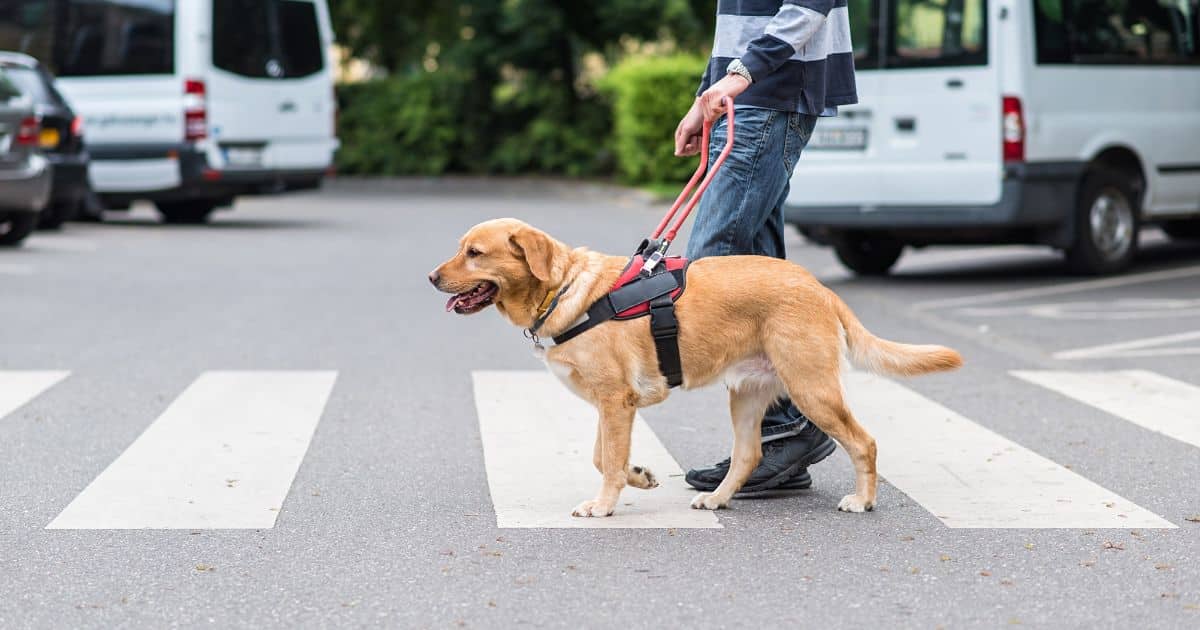In the realm of emotional support dogs, the question often arises: are Beagles good candidates for this role? Beagles, known for their gentle nature and unwavering loyalty, have gained popularity as potential companions for those seeking emotional support.
Their amiable temperament and friendly disposition make them appealing choices for individuals who desire a sense of belonging and comfort. Furthermore, Beagles possess the ability to provide emotional support in various settings, including therapy and disability service roles, as well as in the workplace. However, it is essential to consider the pros and cons of selecting Beagles as emotional support dogs, as not every breed may be suitable for every person’s needs.
By exploring the traits, training capabilities, and debunking common misconceptions, individuals can make informed decisions when choosing the right breed for emotional support.
Key Takeaways
- Beagles have a consistently friendly and sociable temperament, making them excellent companions for individuals seeking emotional support.
- They are quick to pick up commands and respond well to training techniques, making them trainable for tasks such as scent detection and mobility assistance.
- Beagles excel as therapy dogs due to their empathy and calm demeanor, forming strong bonds with humans and effectively helping individuals cope with emotional and mental health challenges.
- In various settings, Beagles provide companionship, alleviate stress, encourage social interactions, and create a warm and welcoming atmosphere.
Beagle Temperament

Beagles commonly exhibit a consistently friendly and sociable temperament. They are known for their outgoing nature and love for human companionship, making them ideal emotional support dogs. Beagles thrive in social environments and enjoy being a part of a family unit.
Their friendly disposition allows them to easily form bonds with their owners, providing a sense of belonging and emotional support. This natural inclination towards sociability makes Beagles well-suited for the role of emotional support dogs.
Beagle Personality
Their personality traits further enhance their suitability as emotional support dogs. Beagles are known for their friendly and outgoing nature, making them excellent companions for individuals seeking emotional support.
They are loving, affectionate, and eager to please, which creates a strong bond between them and their owners. Beagles are also known for their gentle and patient demeanor, making them well-suited to provide comfort and emotional stability. Now, let’s explore their trainability and how it contributes to their role as emotional support dogs.
Beagles Trainability
When it comes to their trainability, beagles display a remarkable ability to quickly pick up commands and respond to training techniques. They are known for their intelligence and eagerness to please, which makes them highly trainable dogs.
Beagles are quick learners and have a natural instinct for tracking scents, making them excellent candidates for scent detection training. However, their strong hunting instincts can sometimes pose challenges during training, requiring consistent and patient guidance from their owners.
Beagles as Therapy Dogs
Utilizing their innate sense of empathy and calm demeanor, beagles excel as therapy dogs. Their gentle and friendly nature makes them ideal companions for those in need of emotional support. Beagles are known for their ability to form strong bonds with humans, providing comfort and companionship.
Their non-judgmental attitude and willingness to listen make them effective in helping individuals cope with various emotional and mental health challenges. Beagles’ natural abilities and their desire to please make them excellent choices for therapy work.
Beagles as Disability Service Dogs

Beagles can be trained to perform tasks such as retrieving objects, opening doors, and providing stability and support during mobility challenges. Furthermore, their friendly and sociable temperament allows them to offer emotional support and companionship, creating a sense of belonging for their handlers.
Training a Beagle as an Emotional Support Animal
Training a Beagle to become an emotional support animal requires consistent and structured instruction. To successfully train a Beagle for this role, consider the following:
- Establish a daily routine to provide stability and predictability.
- Use positive reinforcement techniques, such as treats or praise, to encourage desired behaviors.
- Socialize the Beagle with various environments, people, and other animals.
- Teach the Beagle basic obedience commands, such as sit, stay, and come.
- Provide mental stimulation through puzzle toys and interactive games.
Pros and Cons of Beagles as Service Dogs
Beagles present both advantages and challenges as service dogs. On the positive side, they are known for their gentle and friendly nature, making them excellent companions for individuals with disabilities. Beagles are also highly intelligent and trainable, which is crucial for service dog work.
Their strong hunting instincts can be a drawback, as they may become easily distracted by scents. Additionally, their size and energy levels may require extra attention and exercise to ensure their effectiveness as service dogs.
Beagles in the Workplace
In the workplace, a beagle can provide valuable emotional support through its calming presence and attentive nature. Here are a few ways in which beagles can contribute to a positive work environment:
- They offer companionship, reducing feelings of loneliness and isolation.
- Their playful and affectionate nature can help alleviate stress and promote a sense of well-being.
- Beagles can serve as a source of comfort during challenging situations.
- Their presence can encourage social interactions and enhance teamwork among employees.
- Beagles can help create a warm and welcoming atmosphere, fostering a sense of belonging for everyone in the workplace.
Choosing the Right Breed for Emotional Support
When considering breeds for emotional support, it is important to carefully select a dog that aligns with the specific needs and preferences of the individual seeking support. Different breeds possess distinct characteristics that can contribute to their suitability as emotional support dogs.
Factors such as size, energy level, temperament, and trainability should be taken into account. Consulting with a professional, such as a therapist or a dog trainer, can help in identifying the right breed that will provide the desired emotional support and companionship.
Debunking Service Dog Myths

To debunk common misconceptions surrounding service dogs, it is important to address the inaccurate beliefs that individuals may have about the role and capabilities of these highly trained animals. Here are some myths about service dogs that need to be dispelled:
- Service dogs are only for the visually impaired.
- Service dogs are always large breeds.
- Service dogs are constantly working and never get to relax.
- Service dogs can perform any task without specialized training.
- Service dogs can easily be identified by their appearance alone.
FAQ’s
How Long Does It Typically Take to Train a Beagle to Be an Emotional Support Animal?
The time it takes to train a beagle to be an emotional support animal can vary depending on several factors, such as the dog’s age, temperament, and previous training. Consistency, positive reinforcement, and patience are key elements in the training process.
Are Beagles More Prone to Separation Anxiety Than Other Breeds?
Beagles are not inherently more prone to separation anxiety than other breeds. However, individual dogs may vary in their susceptibility to this condition. Proper training, socialization, and providing a nurturing environment can help alleviate separation anxiety in beagles.
Can Beagles Be Trained to Perform Specific Tasks to Assist Individuals With Disabilities?
Beagles can be trained to perform specific tasks to assist individuals with disabilities. Their intelligence, adaptability, and willingness to please make them well-suited for tasks such as retrieving items, opening doors, and providing stability and support.
Conclusion
In conclusion, while beagles possess some traits that may make them suitable for emotional support roles, such as their friendly temperament and adaptability, there are also limitations to their suitability as service dogs.
Their strong scenting instincts and potential for stubbornness can pose challenges in training and working in certain environments. It is important to carefully consider the specific needs and requirements of the individual seeking emotional support before choosing a breed.







